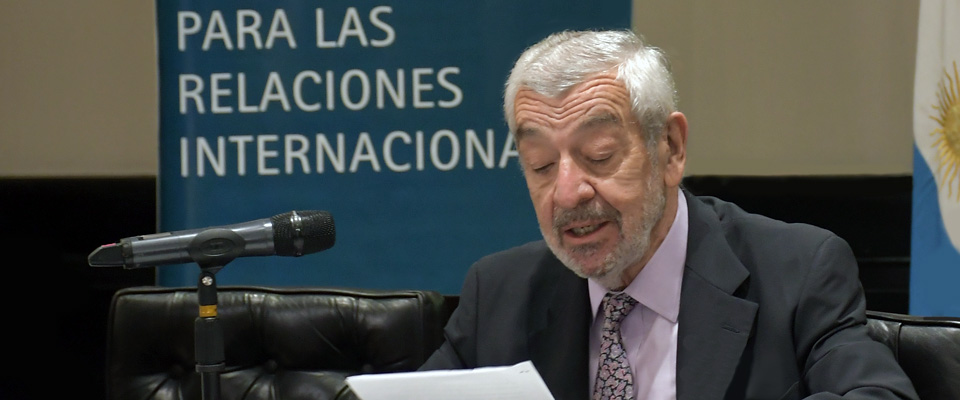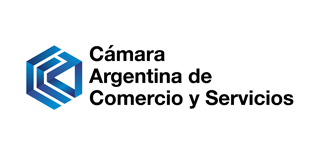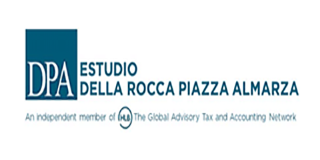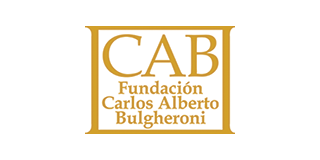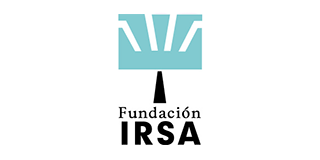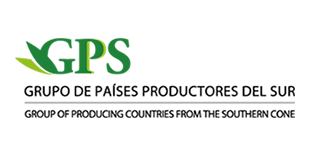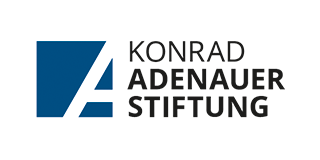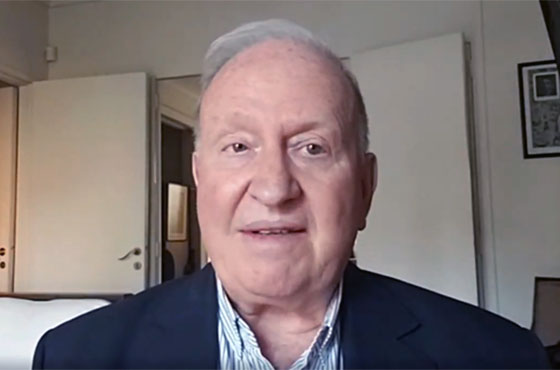
September 23, 2020
Academic Meeting organized by CARI's Cultural Committee with the support of the Ortega y Gasset Foundation in Argentina
By María Florencia Avena, Volunteer for the Communications Division
Three specialists from different areas of law and politics met in a new virtual academic session to discuss those founding values of modern societies that today are weakened, in the context of the Emergency. The meeting was organized jointly by the CARI Culture Committee and the Ortega y Gasset Argentina Foundation, and took place on September 23rd. Francisco de Santibañes, Secretary General of CARI, opened the meeting and, towards the end, offered brief closing remarks.
The first speaker was Dr. Daniel Sabsay, Lawyer (UBA); Postgraduate at the Faculty of Law of the University of Paris; He is Professor of Constitutional Law at the Faculty of Law (UBA); Director of the Special Graduate Degree in Constitutional Law (UBA); President of the Argentine Association of Constitutional Law (AADC) and Vice President of the Ibero-American Institute of Constitutional Law.
Sabsay began his presentation explaining that the idea of emergency within the framework of a republic is always supposed to solve problems and answer questions. "The Constitution is made for times of war and times of peace", he quoted the famous phrase from the Alem case, and explained that the State of Siege and Federal Intervention were two exceptional figures typified in the Constitution, that is, in its initial stage, the Supreme Court of Justice of the Nation "already provided that the exception should be framed in a legal regime, not leave it", he suggested. Regarding the pandemic, he stressed that it should be treated with a focus on human rights, "as recommended by the IACHR in Resolution 1/2020: that the functioning of the three powers be ensured at all times". The doctor maintained that in the case of Argentina, the Executive Power was "strongly empowered" and that the declaration of the State of Emergency had been correct, "but then a cataract of decrees began", he inquired. He listed a series of measures that the government has promoted, such as the use of the budget, and stressed that this was an excellent task of the Legislative Branch, "not of a Chief of Cabinet of Ministers". And last, but not least, he denied the third of the powers that "declared itself at the fair for four months, to the sound of quarantine". On the other hand, Sabsay called this constitutional cycle a "mutation from a presidential to a vice-presidential regime", where the main objective "is to ensure the impunity of Ms.". In this context, it was asked how the Republic should be defended, "when it is the CSJN that adopts a contemplative attitude in the face of unconstitutionality". Faced with such a diagnosis, he acknowledged that a "civic measles" has emerged in the country that shows, according to the lawyer, that society itself is developing very well.
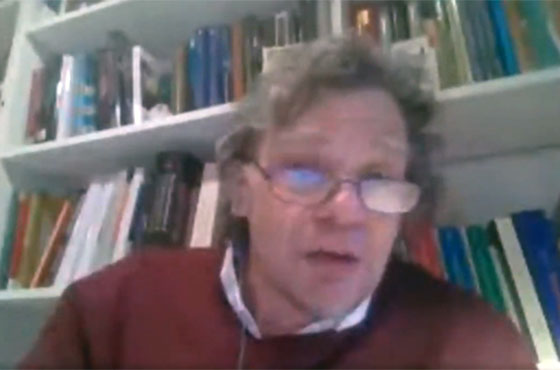
The second speaker was Roberto Gargarella, lawyer and sociologist from the University of Buenos Aires; Doctor of Law from the same university and from the University of Chicago, with post-doctoral studies at Balliol College, University of Oxford; Professor of Constitutional Theory and Political Philosophy at the Universidad Torcuato Di Tella and of Constitutional Law at the UBA. He has published several books on constitutional theory and political philosophy.
In the first place, he suggested changing the title of the meeting, because he did not question the defense of republican values, but rather the need to specify which ones. Regarding the emergency, he affirmed that it has come to deepen "the Latin American evil of the concentration of power". He confessed that his intuition was the opposite of the dominant one and maintained: "in emergencies, more than ever, we have to follow established protocols, not act fast". On the other hand, he spoke about "the epistemic issue" that refers to the need to "listen to all voices, those who complain and those who think differently, so as not to make biased decisions".
To pave the way for where to go, Gargarella first recognized Argentina's "structural problems". He argued that the twentieth century was characterized by a marked expansion of rights in Latin America, but that simultaneously "the Argentine democratic machinery" (the institutions and the organization of power through the constitutional route) has been gradually emptied of content since the period nineteenth century. In this sense, he argued that the periodic vote was the only element that had prevailed, but that ultimately, "the voter has no way out, because his only way of contact with power is weakened". But, according to the doctor, the problem is written in the constitutions, "how do we make ourselves heard if we do not receive a response from institutional channels?" He immediately aimed to rebuild the democratic conversation "from tools that allow nuances, not that they generate dilemmas, because today is a time of empowered citizens that rightly demands more prominence".
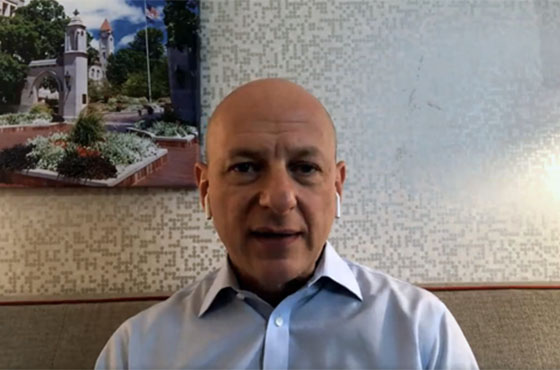
The third presenter was Sergio Berensztein, Ph.D. in Political Science (University of North Carolina, Chapel Hill) and BA in History (UBA). He obtained a Research Certificate in Social Sciences at CEDES (Center for State and Society Studies). He is President of Berensztein®, a political and strategic analysis consultancy that he founded in 2014. There he works with some of the main leaders of Argentina and the region, both from the public and private sectors, helping them to understand the changing domestic and global environment and to make decisions in a context of high uncertainty.
He agreed on some points with the previous presenters, such as the social, economic and institutional decline with which Argentina has reached the Emergency, and highlighted two issues. On the one hand, he described "the toolbox" that the Argentine democratic system has, and warned that while in the rest of Latin America the political parties were in crisis, "Argentina has two coalitions that have remained intact". As for suffrage, he insisted that "the only relatively transparent threshold that still stands should not be neglected".
On the other hand, he alluded to a "renewed irruption" of citizenship as a political actor. He argued that on numerous occasions the society starred in different types of claims that have constituted "a turning point in the annals of Argentine history", but that the recent demonstrations had a particularity: they have been transferred to Quinta de Olivos, that is, According to Berensztein, "the protests are not against traditional institutions but against the president". To illustrate the point, he cited the American Black Lives Matter movement as an example of the "divorce between what society demands and what political power does". Regarding the so-called "Argentine crack", the lawyer explained that it was a social, cultural and conceptual struggle on what politics means, and whose first requirement for dialogue is the legitimacy of the other. "What happens in the crack is the opposite, there is an ignorance of the legitimacy that the other has to express an opinion", he reflected. And finally, he highlighted the role of social networks in this context, which "accentuate the logic of canceling the thought of the other making dialogue impossible".
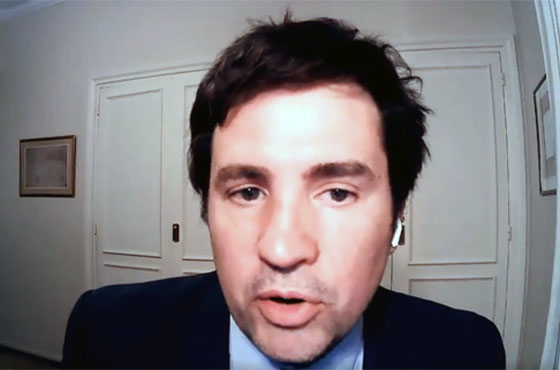
The Secretary General of CARI ended the meeting and thanked the participants for their valuable testimonies.
